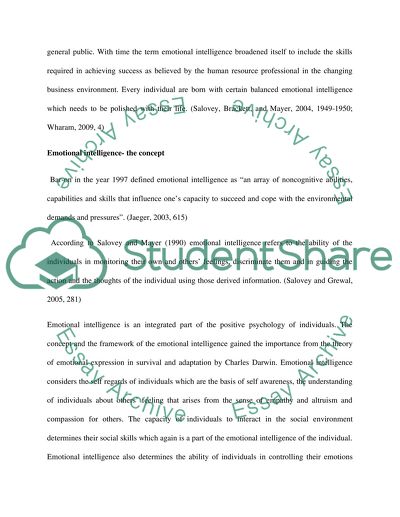Cite this document
(“Organisation behavior Essay Example | Topics and Well Written Essays - 1750 words”, n.d.)
Retrieved from https://studentshare.org/environmental-studies/1417140-organisation-behavior
Retrieved from https://studentshare.org/environmental-studies/1417140-organisation-behavior
(Organisation Behavior Essay Example | Topics and Well Written Essays - 1750 Words)
https://studentshare.org/environmental-studies/1417140-organisation-behavior.
https://studentshare.org/environmental-studies/1417140-organisation-behavior.
“Organisation Behavior Essay Example | Topics and Well Written Essays - 1750 Words”, n.d. https://studentshare.org/environmental-studies/1417140-organisation-behavior.


